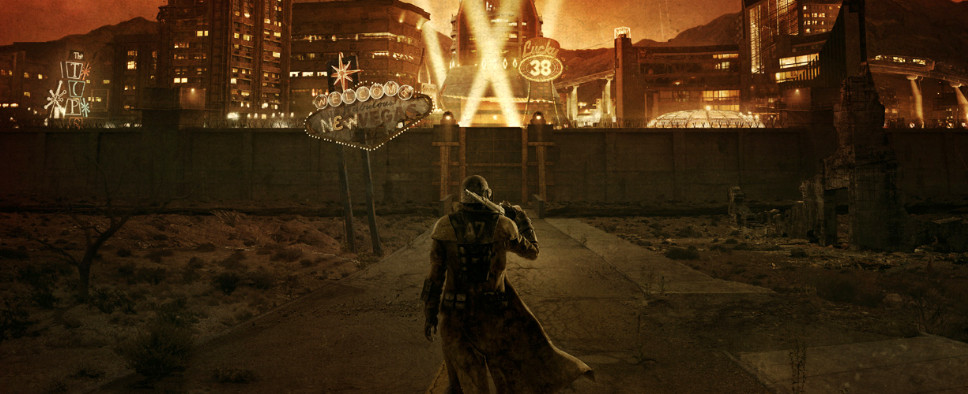Feargus Urquhart on Obsidian's Past and Future, Publishers, Independent Development
-
Category: News ArchiveHits: 12457

GamesIndustry has published an interesting interview with Obsidian Entertainment CEO Feargus Urquhart that covers the company's past, present and future, with a particular focus on their peculiar status as one of the few remaining big independent studios. There is a lot of information, and the interviewer seems particularly interested in the period between 2010 and 2011, the time when Obsidian published Alpha Protocol, Dungeon Siege III and Fallout: New Vegas.
There is quite a lot of information in general, though, and we learn both of the mistakes Urquhart feels he has committed in the past when negotiating with publishers and of his hopes for the future. An excerpt:
Q: Do you have to be comfortable with your work not always getting its reward. Like, to move things forward a bit, there aren't many ways you could have done a much better job with South Park, but you're not making the sequel. That's Ubisoft's prerogative, of course, and they can probably benefit from all kinds of efficiencies by bringing it in-house, but in Obsidian's position that's just something…
FU: That's just the way it is. You've gotta roll with it.
I don't want to make excuses. I hate making excuses, but I think what's also very interesting about our industry is that developers are uncomfortable and feel that they shouldn't ever make any criticism about publishers. That's one of the other challenges, and I don't really know what to do about this, because there's a whole group of people that do have an effect on our businesses, and is there any sort of responsibility there? They can kinda do what they want. I don't know if that's bad to say.
Q: I don't think it's bad to say if there's truth in it. We were just saying how few independent developers are still making games on the scale that Obsidian is. But so many resources in that part of the market are now concentrated in a handful of publishers. They're less reliant on external companies than ever before.
FU: It gets even more interesting when you start thinking about the economy of it as well. We've thought a lot about what it takes to make a big game, and what's the reward we get for making a big game. At some point we have to look at ourselves as a business, so it's our job to make money. For me to go off and do - and we're not doing this, but let's just say - Knights of the Old Republic 3, and it's going to cost $50 million, and I'll make $7.5 million on milestones and then maybe I'll make another $5 million in royalties. That's pretty good for an independent developer on a project. But, y'know, I can make more profit from two Pillars of Eternitys than I can from one of those games. And then on top of that, if it's a smaller game and it's successful, I'll own it. I'm not gonna own Star Wars.
I'm not saying that publishers are bad for that - it's an immense amount of money to invest in something - but that's where, working with an independent developer, the system is a little bit broken. When someone builds an aircraft carrier for the navy, do they run that project like an independent developer works in the games industry? That ship builder is independent from the navy, but that relationship is immensely different from the relationship that we have.
Let's say you need some contracting work. The contractor shows up, you figure it out, and maybe it's going to be $10,000. They'll ask for $3,000 upfront, and you're like, 'Okay. I get it.' Let's say I do a $50 million game. For me to get more than $500,000 upfront is a fight. Again, this is not 'publishers are evil' or anything like that, but that world is kinda broken.
There is another passage of the interview that struck me as really interesting. When asked where Urquhart sees the company in 13 years, he admits he wouldn't mind seeing it bought by a publisher, though he's also fine with the idea of staying independent. I always assumed that the reason Obsidian wasn't bought so far was because the owners didn't want to be bought in the first place, so this is an interesting perspective.
All in all, I recommend people who are interested in the work of the company to read the full interview, to get some perspective on the work they've done so far and their ups and down in terms of business.

